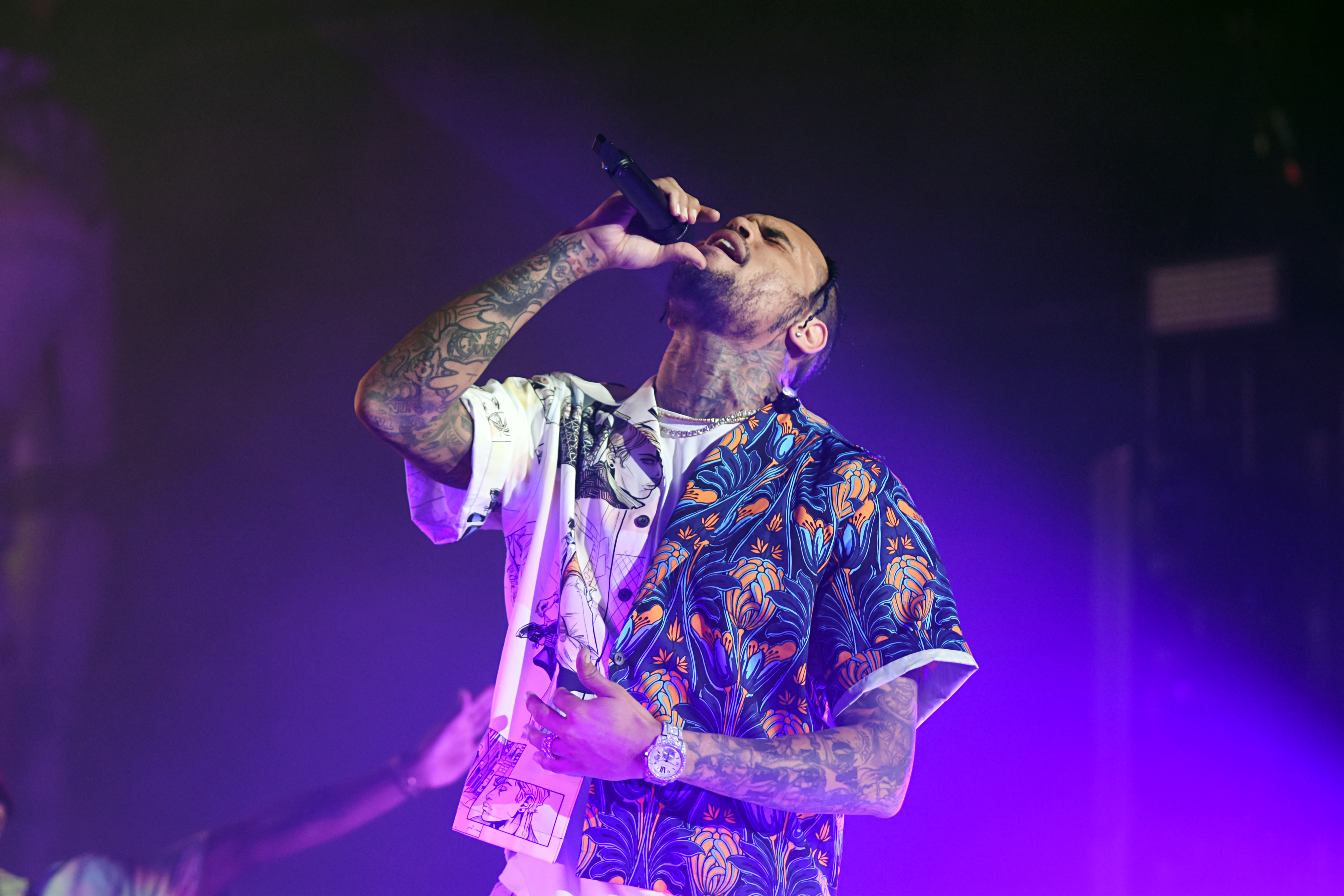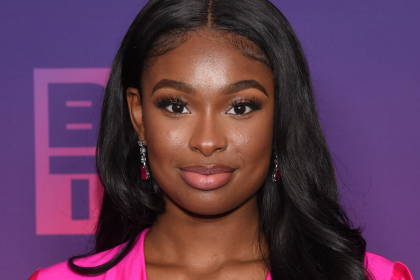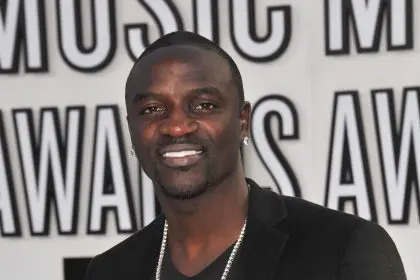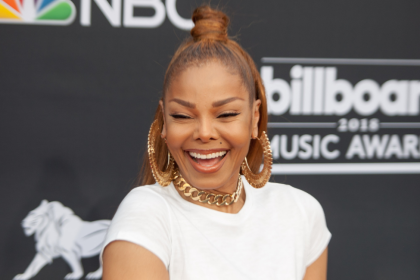The courtroom scene revealed the stark contrast between celebrity status and legal accountability. Chris Brown, dressed in a light brown suit and dark-rimmed glasses, entered London’s Southwark Crown Court on Friday morning to face additional charges related to an alleged assault at a prestigious nightclub. The 36-year-old Grammy winner pleaded not guilty to two new charges while approximately 20 supporters watched from the public gallery.
The legal proceedings represent a significant escalation in Brown’s ongoing legal troubles stemming from a February 2023 incident at Tape nightclub in London’s upscale Mayfair district. Prosecutors allege that Brown struck music producer Abraham Diaw multiple times with a bottle in what they describe as an unprovoked attack captured on surveillance cameras in front of numerous witnesses.
The singer now faces three total charges related to the incident, including the most serious count of attempting to cause grievous bodily harm, to which he previously pleaded not guilty. The additional charges of assault causing actual bodily harm and possessing an offensive weapon in a public place were added last month, reflecting the prosecution’s strategy to present multiple legal avenues for potential conviction.
High-stakes bail arrangement enables tour continuation
Brown’s legal situation involves one of the most expensive bail arrangements in recent celebrity legal history. The court required a £5 million security fee before releasing him from custody in May, allowing him to continue his Breezy Bowl XX world tour while awaiting trial. This financial guarantee ensures his return to court while providing him the freedom to honor existing performance commitments.
The bail conditions demonstrate the court’s attempt to balance public safety concerns with the practical realities of Brown’s international career obligations. He must maintain residence at a UK address while awaiting trial and surrendered his passport to police, though he receives temporary access for tour dates across Europe and North America.
This arrangement has enabled Brown to complete stadium and arena shows across the UK and Europe, with the tour’s North American leg scheduled to begin later this month. The tour is expected to conclude in October, just before the trial begins in October 2026, creating a timeline where his legal and professional obligations intersect dramatically.
Career implications amid legal uncertainty
The timing of these legal proceedings coincides with a period of significant career momentum for Brown. His recent Grammy win for best R&B album for “11:11 (Deluxe)” marked his second Grammy victory, following his 2011 win for “F.A.M.E.” The recognition represents the music industry’s continued acceptance of his artistic contributions despite his legal controversies.
Brown’s commercial success remains substantial, with 19 top 10 singles in the UK alone and continued strong performance in international markets. His ability to maintain touring schedules while facing serious criminal charges demonstrates both his commercial drawing power and the complex relationship between celebrity status and legal accountability.
The presence of devoted fans at his court appearances illustrates the loyalty he maintains among his audience, even as legal proceedings threaten to overshadow his musical achievements. Their vocal support during his courthouse exit reflects the passionate fan base that has sustained his career through previous controversies.
Legal strategy and timeline considerations
The prosecution’s decision to add multiple charges suggests a comprehensive approach to the case that provides various paths to potential conviction. The strategy of combining charges ranging from actual bodily harm to weapon possession creates multiple legal challenges that Brown’s defense team must address simultaneously.
His co-defendant, Omololu Akinlolu, also faces charges related to the same incident, potentially complicating the defense strategy and creating additional variables in the legal proceedings. The joint trial scheduled for October 2026 provides both defendants with time to prepare their cases while maintaining the prosecution’s preferred timeline.
The extended timeline until trial allows Brown to complete his current tour obligations while providing his legal team adequate preparation time. However, the lengthy wait also means that these charges will continue influencing his career and public image for more than a year before resolution.

















